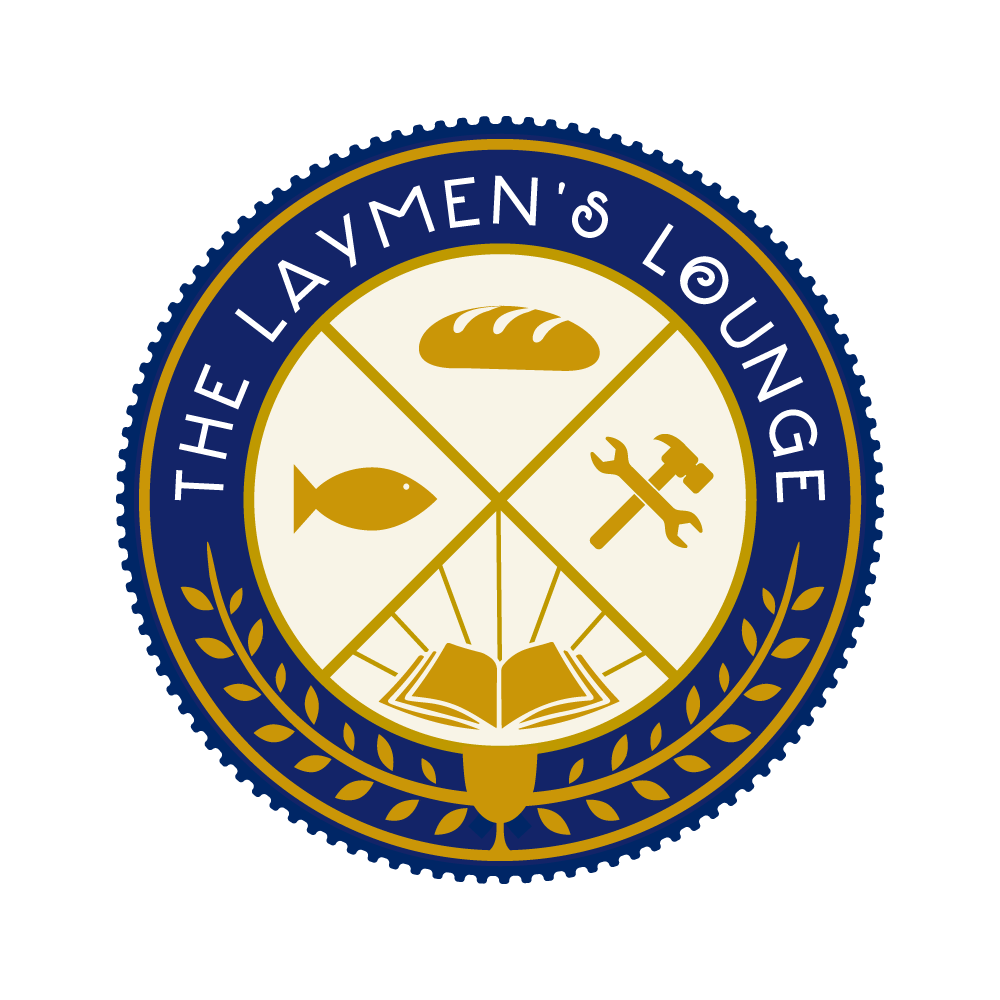NOTE FROM THE EDITOR: This is the sixth article in a series that will run the next few months called “The State of Neo-Calvinism.” Come back each week to read about the state and influence of Neo-Calvinisim in nations all over the globe. To listen to the kick-off podcast interview with George Harinck click here. For Jordan Ballor on the USA click here, Thiago Machado Silva on Brazil click here, Surya Harefa on Japan click here, for Steve Bishop on England click here, for Andrés García on Mexico click here, and for Tinus van der Walt on South Africa click here.
by Steve Bishop

Calvinism has strong roots in Wales (shown in dark green in the image). Calvinistic Methodism was significant in the eighteenth-century revivals in Wales. Key Calvinists such as Howell Harris of Trefecca (1714-1773) and Daniel Rowland from Llangeitho (1713-1790) played key roles in the revival. Although there has also always been strong links between Calvinism and education and Calvinism and politics in Wales, neo-Calvinism is little known.
Wales is a Celtic nation. It has a population of just over 3 million in an area of approximately 20 000 km2. The infographic below shows the profile of Wales in 2013. It has higher unemployment and lower weekly earnings than any of the other UK nations.[1] In 2001 those identifying as Christians were 72% of the population in ten years it decreased to 58%, and in 2019 it was only 48%.[2]

Welsh Calvinism
The name most associated with Calvinism in Wales is David Martyn Lloyd Jones (1899–1981)–although most of his ministerial career was spent in London at Westminster Chapel. Lloyd Jones’s background was as a Calvinistic Methodist.
Calvinistic Methodism as a denomination began in 1811 when Rev Thomas Charles ordained three people as Welsh Calvinistic ministers: Thomas Jones, John Elias and David Charles. Prior to that Calvinistic Methodism had been associated with the Church of England. Howell Harris and Daniel Rowland are the two that first started this movement. Rowland was ordained; Harris was not; this was perhaps the roots of Harris’s insecurity which led to a breach between the two.
There are – broadly speaking – two main streams of Calvinism in Wales: the D.M. Lloyd-Jones influenced stream which had a largely pietistic attitude and that of R. Tudur Jones (1921-1998) and R.M (Bobi) Jones (1929-2017).[3] The last two were both Welsh nationalists and were involved in politics; Lloyd-Jones was more suspicious of political involvement. R. Tudur Jones and Bobi Jones were academics Lloyd-Jones a pastor. R. Tudur Jones and Bobi Jones adopted a more Kuyperian approach and saw value in sphere sovereignty; Lloyd-Jones although acknowledging some influences of Kuyper didn’t embrace neo-Calvinism. Unfortunately, R. Tudur Jones’s and Bobi Jones’s impact on Welsh Calvinism was small. Lloyd Jones’s was much greater. This may be because R. Tudur Jones and Bobi Jones wrote mainly in Welsh, whereas Lloyd-Jones in English; and R.Tudur Jones and Bobi Jones were academics with academic responsibilities.
Bobi Jones came across the works of Kuyper and Dooyeweerd through his cousin Geoffrey Thomas. Thomas was the minister at Alfred Place in Aberystwyth, before that Thomas had studied at Westminster Theological Seminary where he came to be aware of the Kuyperian tradition – although he would not regard himself as a neo-Calvinist. Bobi Jones, however, did. As did R. Tudur Jones.

R. Tudur Jones (1921-1998)
R. Tudur Jones was born in north Wales near Criccieth. He went to school in Rhyll. One of his school masters S.M. Houghton introduced him to the works of the Puritans. He went on to study theology at Bala-Bangor College and then completed a DPhil on “Vavasor Powell and the Baptists” at Mansfield College in Oxford in 1947. He rapidly established himself as a leading non-Conformist historian with books such as Congregationalism in Wales (2004) and Faith and the Crisis of a Nation (originally published as Ffydd ac Argyfwng Cenedl). The latter was a major study of history, religion and culture in Wales from 1890-1914.

In 1950 he took up a post as church historian in Bala-Bangor College. He remained there for the rest of his academic career – he retired in 1988. In 1965 he became the College’s principal.
He also took an active interest in politics. He was a vice president of Plaid Cymru and was a parliamentary candidate for Anglesey in the 1950s and 60s. He was a committed Welsh nationalist and he supported his nationalist ideas developed from a Christian perspective in his Desire of the Nations.
Tudur Jones has always maintained that some of his Welsh Calvinist predecessors held to sphere sovereignty. For example, there is an intriguing entry in Jones’s Faith and the Crisis of a Nation:
“John Hughes’s position in Ysgol Jacob [1899] is particularly interesting because it is quite clearly based upon principles that would enable the creation of a rich and comprehensive doctrine of the relationship between culture in its various aspects and Christianity. His theory was not alien or novel. It was in the tradition of earlier Christian thinkers such as Thomas Jones of Denbigh, David Jones, Treborth, and Evan Evans (Ieuan Glan Geirionydd). It was strikingly similar to the one developed by the nineteenth-century Dutch Calvinists, expressed in the cultural theology of Groen van Prinsterer and Abraham Kuyper.”
John Hughes (1850-1932) was a Calvinistic Methodist minister – most of his writings were in Welsh.
Tudur Jones also wrote an excellent summary of Kuyper’s background and motivations in Welsh. In it he muses:
“A fairly thick volume would be needed to do justice to Kuyper’s mind. Certainly, he was a highly controversial character. He spent his life struggling with a wide variety of people. And there is hardly anyone who would endorse everything he wrote. The difference between Wales and the Netherlands makes it difficult for the Welshman to feel happy with some aspects of his political work. On the other hand, the similarities between the warp and woof of his mind and the tone of his devotion, and that of Dr George Lewis, or Thomas Charles, or Thomas Jones of Denbigh, or Gwilym Hiraethog, arouse a warm interest in what he was trying to achieve.” (Jones, 1988: Translation by Colin Wright)
Robert Geraint Gruffydd (1928-2015)
One person greatly influenced by Tudur Jones was the Professor of Welsh Language and Literature at the University of Wales, Aberystwyth, Geraint Gruffydd. Bobi Jones (2016) writes regarding Tudor Jones and Gruffydd:
“This emphasis on culture and Christianity is important and reflects a most significant characteristic in Tudur Jones’s influence on Geraint Gruffydd. He had now discovered a teaching, often related to the Free University in Amsterdam and also to Westminster Theological Seminary in Philadelphia (a teaching sometimes maligned because of its connection with the reactionary views of Abraham Kuyper, the Dutch Prime Minister/theologian). More important than Kuyper were the works of Hermann Dooy[e]weerd and Cornelius Van Til. They developed an epistemology and sociology that emphasised sphere-sovereignty (a devolved view of God’s Sovereignty in the case of Dooy[e]weerd, and a presuppositional view of all philosophy in the case of Van Til). Both these Dutch philosophers developed the Calvinistic doctrine in combining Particular Grace with Common General Grace. This realisation incisively explained the contribution made to world-and-life culture by non-believers, as well as believers of Christianity.” (Jones, 2016:272)
R.M. (Bobi) Jones
Swansea-born Bobi Jones has been described as the most productive of all significant Welsh writers. What is most remarkable is that he learned Welsh as a second language. The vast majority of his work was written in Welsh. An anthology of his poetry translated into English by Joseph Clancy is entitled Selected Poems (Christopher Davies Publishers, 1987).
In his obituary in the Evangelical Times Dafydd Ifans comments:
Through his reading, Bobi Jones became convinced that every sphere of the Christian’s life should be brought under submission to God. His raison d’être was the cultural mandate of Genesis 1:28, which he often quoted: ‘Be fruitful and multiply, replenish the earth and subdue it’.
Present-day neo-Calvinists
There are several Welsh neo-Calvinist individuals and others living in Wales, but (as yet) there are no institutions or institutional links to unite them.
Colin Wright is a retired schoolteacher, bookseller, and owner of a computer software company. He lives in South Wales. He has translated into English works by Pierre Marcel and Groen van Prinsterer. He also wrote a helpful introduction to Dooyeweerd in Calvinism and Society.
Gareth Jones is Welsh but now lives in Bradford. He studied for a PhD under Andrew Basden at Salford University. He utilised Dooyeweerd’s aspects in his PhD. He also served as a director of Thinking Faith Network in Leeds – more of which in the article on neo-Calvinism in England.
Steve Bishop has recently moved from England to Wales. So, the neo-Calvinist website www.allofliferedeemed.co.uk is now based in Wales.
There is a Kuyper entry in the Welsh wicipecia complied primarily by Rhys Lloyd: https://wp-cy.wikideck.com/Abraham_Kuyper
Lloyd also wrote his PhD dissertation on R. Tudur Jones’s Christian nationalism. This has been published as: Tynged Cenedl: Cenedlaetholdeb Gristnogol. As yet it is only available in Welsh.

Bibliography
Emyr, John 1991. Writers of Wales: Bobi Jones Cardiff: University of Wales Press.
Jones, D.C. 2004. ‘A Glorious Work in the World’ Welsh Methodism and the International Evangelical Revival, 1735–1750. Cardiff: University of Wales Press.
Jones, D.C., Schlenther, B.S. & White, E.M. 2012. The Elect Methodists: Calvinistic Methodism in England and Wales, 1735-1811. Cardiff: University of Wales Press.
Jones, R. Tudur 2004. Faith and the Crisis of a Nation: Wales 1890-1914. Edited by R. Pope. Cardiff: University of Wales Press.
Jones, R. Tudur 2004. Congregationalism in Wales. Edited by R. Pope. Cardiff: University of Wales Press.
Jones, R. Tudur 1974. Desire of the Nations. Landbyie, Ammanford: Christopher Davies Publishers.
Jones, R. Tudur 1988. Abraham Kuyper. Yn Ysgrifau Diwinyddol 2. Edited by Noel Gibbard Bryntirion: Gwasg Efengylaidd Cymru.
Jones, R.M. 2016. Robert Geraint Gruffydd 1928 – 2015. Biographical Memoirs of Fellows of the British Academy, XV: 277-306.
Jones, R.M. http://www.rmjones-bobijones.net/
Contains many of Bobi Jones’s works – almost all of it is in Welsh
Lloyd, Rhys 2019. Tynged Cenedl: Cenedlaetholdeb Gristnogol. Pwllheli: Cyhoeddiadau’r Gair.
Pope, Robert. 2000. R. Tudur Jones 1921-98: Congregational minister, church historian and Welsh nationalist. The Journal of the United Reformed Church History Society 6: 529-541.
[1] https://en.wikipedia.org/wiki/Economy_of_Wales#/media/File:Profile_of_Wales.png
[2] https://gov.wales/sites/default/files/statistics-and-research/2018-12/151027-statistical-focus-religion-2011-census-executive-summary-en.pdf.
[3] The two Jones were not related. Jones is the most common surname in Wales.
Steve Bishop is an independent researcher based in Wales, UK. He maintains the neo-Calvinist website www.allofliferedeemed.co.uk. He is a trustee of Thinking Faith Network and an Associate Fellow at the Kirby Laing Centre for Public Theology. He earned his doctorate at the North-West University, Potchefstroom, South Africa (2019), supervised by Renato Coletto. He is the co-editor of On Kuyper: A Collection of Readings on the Life, Work & Legacy of Abraham Kuyper (Dordt Press, 2013).
He has had articles on Kuyperian neo-Calvinism published in Foundations, Koers, Pro Rege, and the Journal for Christian Scholarship.


